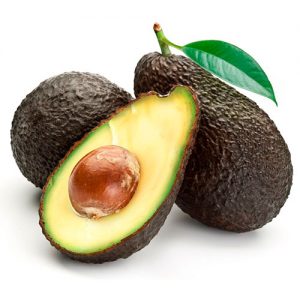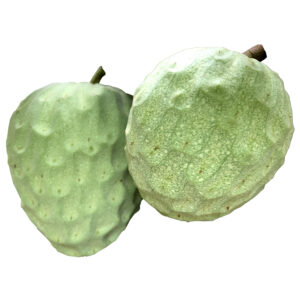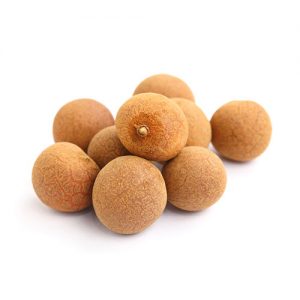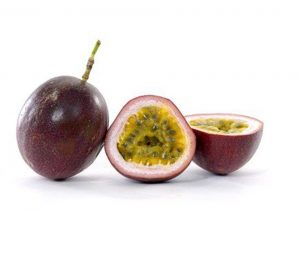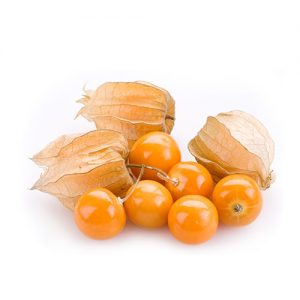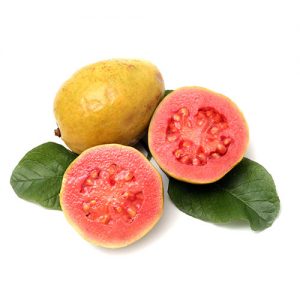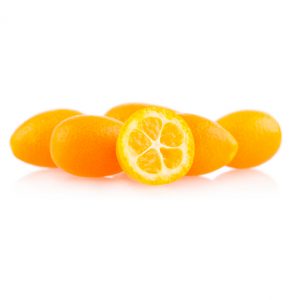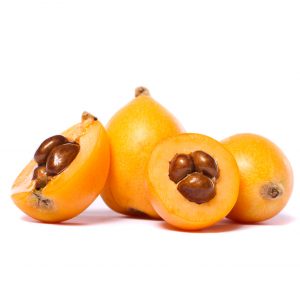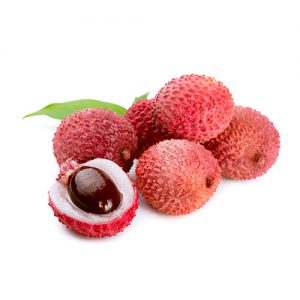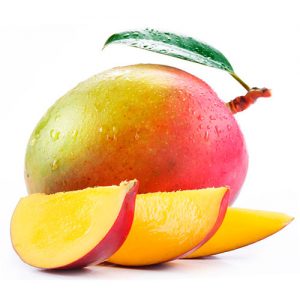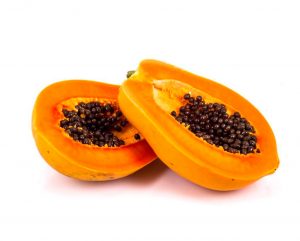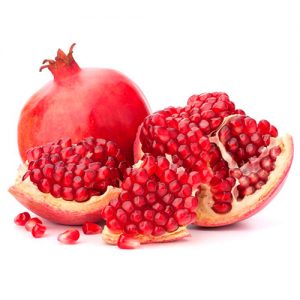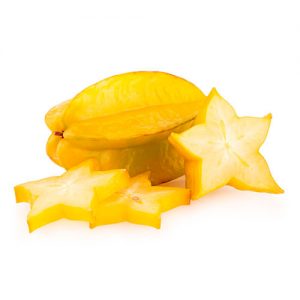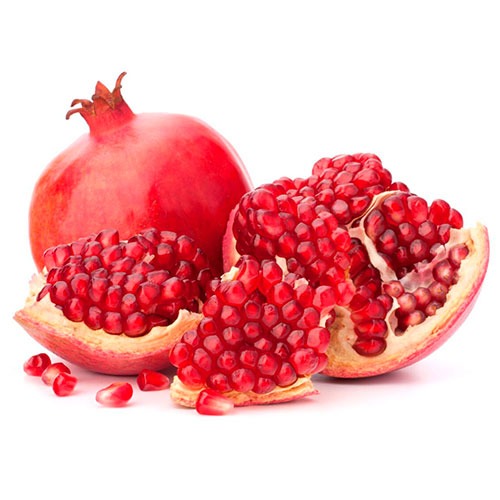About the Pomegranate
The pomegranate is a fleshy fruit with a thick, rigid skin of orange/golden colour. Inside it is divided into ‘chambers’ joined by a whitish membrane. Each ‘chamber’ contains a lot of seeds individually covered by a sort of red/pinkish berry-like flesh which is juicy, refreshing and of sweet&sour flavour.
The pomegranate tree can grow to 13 ft (4 m) and produces fruit with prismatic, rough seeds. In early times, the bright flowers from pomegranate were regarded as a symbol of love, while the fruit was considered an image of fertility.
How to preserve and consume pomegranates
Pomegranate is a fruit collected before it completely ripens. That way, you avoid it from exploding when in the tree.
Pomegranates can be preserved at room temperature in case you intend to consume them immediately. If not, they can be stored in the fridge for at least 3 weeks. You can also freeze the seeds removed from the fruit.
To remove the seeds without damage, cut it in wedges starting at the top of the fruit. Then hold the piece of fruit upside down above a bowl and gently press it with your fingers until you cut it in two. When you do so, almost all seeds separate from the membrane. Remove the membrane excess, as it has a bitter taste.
Nutritional properties of the pomegranate
| POMEGRANATE NUTRITION FACTS – 100 G | |
|---|---|
| CALORIES | 68 |
| TOTAL FAT | 0.3 g – 0% |
| SATURATED FAT | 0.038 g – 0% |
| POLYUNSATURATED FAT | 0.063 g |
| MONOUNSATURATED DAT | 0.046 g |
| CHOLESTEROL | 0 mg – 0% |
| SODIUM | 3 mg – 0% |
| POTASSIUM | 259 mg |
| TOTAL CARBOHYDRATE | 17.17 g – 6% |
| DIETARY FIBER | 0.6 g – 2% |
| SUGARS | 16.57 g |
| PROTEIN | 0.95 g |
| VITAMIN A | 2% |
| VITAMIN C | 10% |
| CALCIUM | 0% |
| IRON | 2% |
Percent Daily Values are based on a 2000 calorie diet. Your daily values may be higher or lower depending on your calorie needs.
Health benefits of the pomegranate
Pomegranate’s therapeutic properties are wide, including diverse treatments and prevention of cancer; cardiovascular diseases; Alzheimer’s; inflammatory diseases; mouth conditions; skin disorders; obesity; erectile dysfunction, or diarrhea.
- They are perfect for loss weight diets, as they are low in calories and carbohydrates.
- This fruit contains tannin, which is astringent and anti-inflammatory for the mucosa inside the digestive tract.
- Consumption is advisable for people with diarrhea, colic, flatulence or a sensitive stomach.
- The citric acid contributes to the uric acid excretion through the urine, which is quite beneficial in cases of hyperuricemia, gout or calcic renal lithiasis.
- Its content in flavonoids and vegetable pigments helps reduce the risk of cardiovascular diseases, degenerative disorders and even prevents against cancer.
- It is highly recommended for people with high blood pressure or a heart/blood vessel condition, as it has a very high content in potassium and a low content in sodium.
- Pomegranate’s skin extracts, which are very rich in ellagic acid and punicalagin, are specifically good in treatments of colon cancer.
Pomegranate Varieties
- Pomegranate Mollar de Elche: medium-large sized fruit with edible, sweet seeds that can be barely seen. The skin colour is red-yellowish, while inside it is pale red. The approximate maximum weight is 28 oz (800 g).
- Granada Valenciana: medium-sized, sweet fruit. They are light pink on the inside and intense pink on the outside. This is a variety which is picked at an early stage. Approximate weight of 14 oz (400 g).
- Granada Wonderful: this is the most cultivated variety worldwide. It is a medium to very large-sized fruit with edible, sweet&sour seeds. Both the skin and the inside are intense red-coloured. The approximate maximum weight can be around 28 oz (800 g).
Other varieties: White, Tendral, Smith, Emek, Acco, Kamel, Paper Shell, etc.
Curious facts about pomegranates
- Pomegranates were actually a source of inspiration in Jewish tradition (for example, in designing crowns).
- Hand grenades used in weapons owe their name to this fruit, as they are very similar in form and size (including the fragments, resembling the pomegranate seeds).
- The Spanish Coat of Arms shows a pomegranate. Spain is the only country that has this fruit as a national emblem in the Coat of Arms.
- The pomegranate tree has been praised in many ancient writings as a sacred fruit with fertility, wealth and fortune powers (for example, the Bible, the Tora or the Babylonian Talmud, to name a few). It has been used in diverse ceremonies, arts and mythologies from the Egyptian and Greek cultures. It was also the personal emblem of Roman Emperor Maximus.

